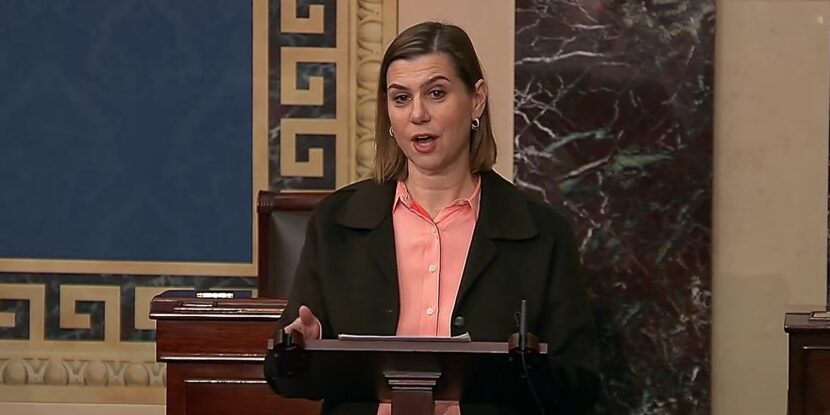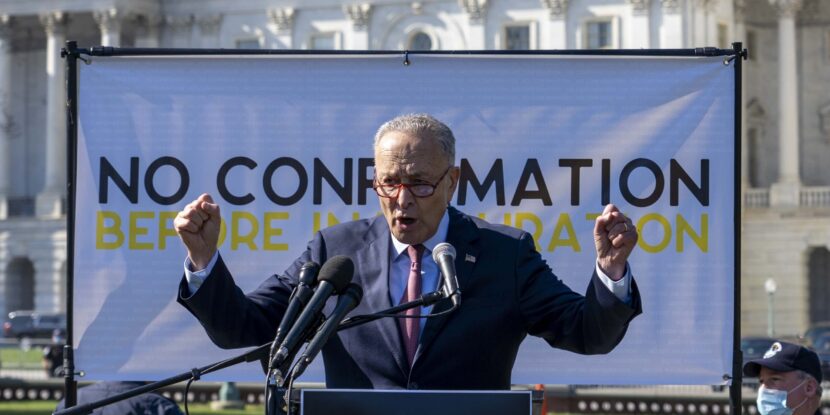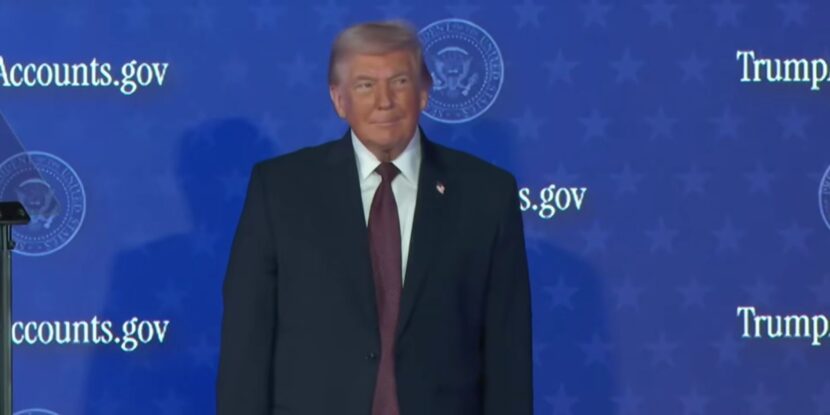The Trump administration has announced the termination of a Biden-era parole program that allowed approximately 530,000 foreign nationals from Cuba, Haiti, Nicaragua, and Venezuela to enter the United States. The decision to end the CHNV program was disclosed in a memo from the Department of Homeland Security (DHS), citing the program’s inconsistency with the current administration’s policy objectives and its failure to substantially benefit the public interest or effectively manage illegal immigration.
“DHS has determined that it is now appropriate and necessary to terminate the CHNV parole programs,” DHS Secretary Kristi Noem states in the directive. “These programs do not serve a significant public benefit, are not necessary to reduce levels of illegal immigration, did not sufficiently mitigate the domestic effects of illegal immigration, are not serving their intended purposes, and are inconsistent with the Administration’s foreign policy goals.”
“Regarding previous arguments or determinations that these programs were consistent with the requirement of ‘urgent humanitarian reasons’ for granting parole, DHS believes that consideration of any urgent humanitarian reasons for granting parole is best addressed on a case-by-case basis consistent with the statute, and taking into consideration each alien’s specific circumstances,” Sec. Noem continues, concluding: “These reasons, independently and cumulatively, support termination of the CHNV parole programs.”
WIDESPREAD FRAUD.
Introduced initially for Venezuelans in October 2022 and subsequently extended to include Haitians, Nicaraguans, and Cubans in January 2023, the CHNV program aimed to address the surging crisis at the U.S.-Mexico border. It provided a two-year stay and work authorization for eligible entrants who had not previously entered the U.S. illegally and met other criteria. Despite this, the initiative faced significant challenges, including widespread fraud, which led to a temporary suspension in August 2024 after an internal audit flagged substantial security concerns.
As a result of the program’s termination, individuals currently in the U.S. under the CHNV program will need to seek alternative legal methods to remain in the country, voluntarily depart, or face potential deportation proceedings. The program’s cessation is set to impact all participants by the end of April, as outlined in the DHS memo.



















